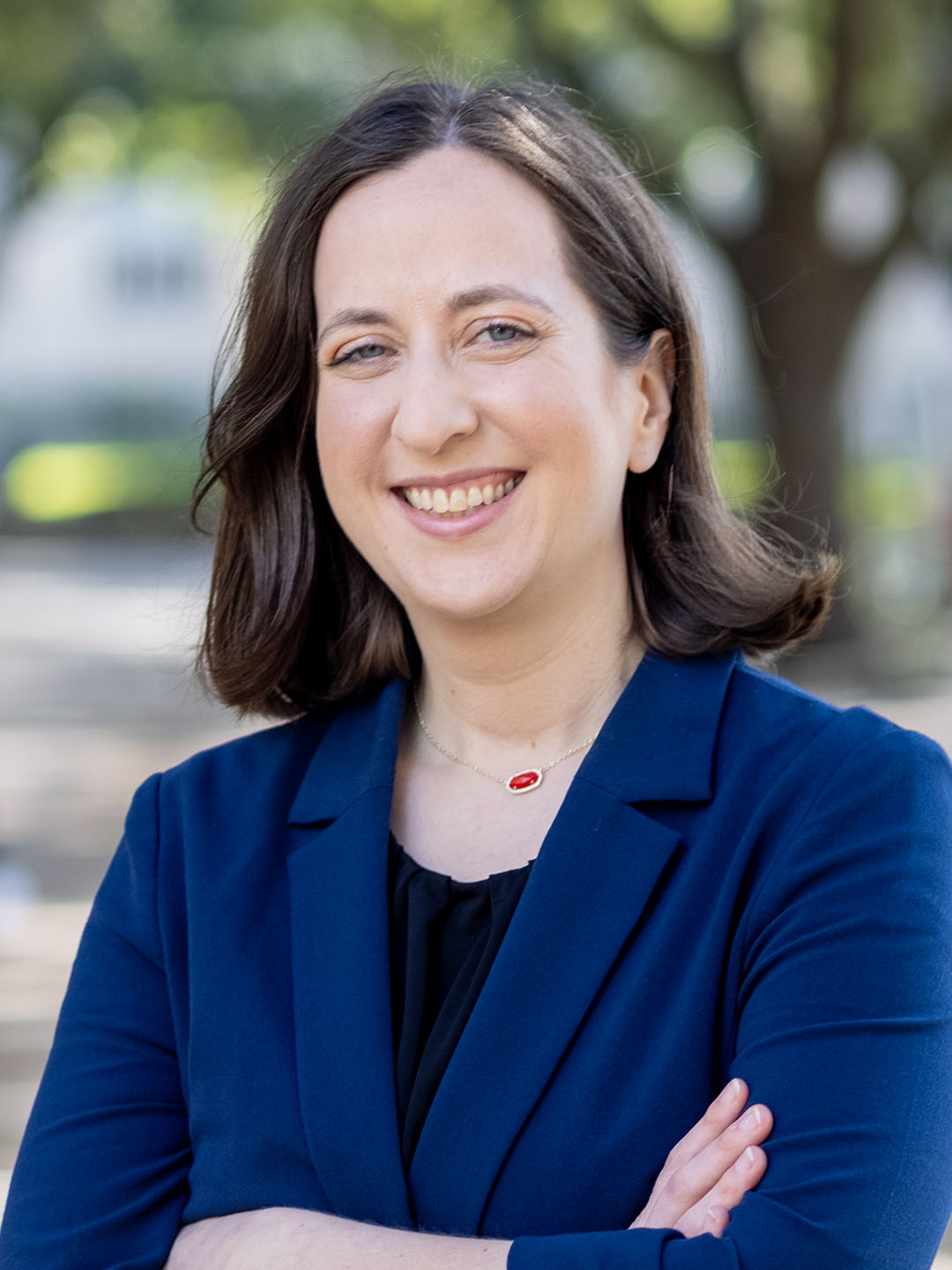
Allison Master, an assistant professor in the Department of Psychological, Health and Learning Sciences at the UH College of Education, has earned the Presidential Early Career Award for Scientists and Engineers, the U.S. government’s highest honor of its kind.
Master is one of 400 scientists and engineers honored by President Biden for their exceptional potential and leadership early in their research careers, and she is the first recipient of the award at UH.
“I am thrilled to have received this award,” Master said. “It reflects not only the work I’ve done but also the incredible support I’ve received from mentors and colleagues over the past 20 years. It’s truly special to be honored this way.”
Established by President Clinton in 1996, PECASE recognizes innovative and far-reaching developments in science and technology, expands awareness of careers in STEM fields, enhances connections between research and impacts on society and highlights the importance of science and technology for our nation’s future.
“This award speaks volumes about Allison’s dedication, ingenuity and innovation in educational sciences,” said Diane Z. Chase, UH senior vice president for academic affairs and provost. “Her groundbreaking work embodies the University’s commitment to advancing knowledge, fostering equity in education and shaping a brighter future for students and educators alike.”
Master’s research in the Identity and Academic Motivation Lab at UH involves how societal stereotypes contribute to gender gaps in motivation to pursue STEM, and ways to counter those stereotypes; educational strategies that make students feel that they belong; and what drives children’s interest in STEM, including the role of social connections. Her efforts have earned worldwide acclaim and resulted in millions of dollars in grants from the U.S. Department of Education’s Institute of Education Sciences, the National Science Foundation, and other organizations.
“This is something that was on my radar, sort of like a ‘pie in the sky’ dream that it would be amazing to win it, but I didn’t know if it could ever be possible,” Master said. “I am very grateful to the University of Houston for providing such a supportive environment for innovation, collaboration and meaningful research that made this achievement possible.”